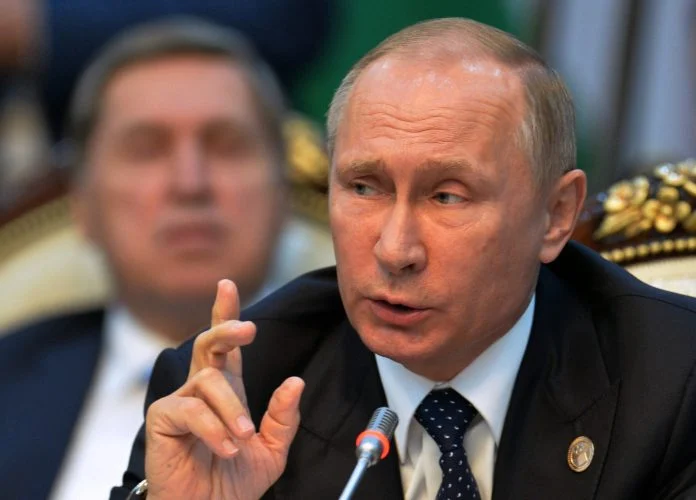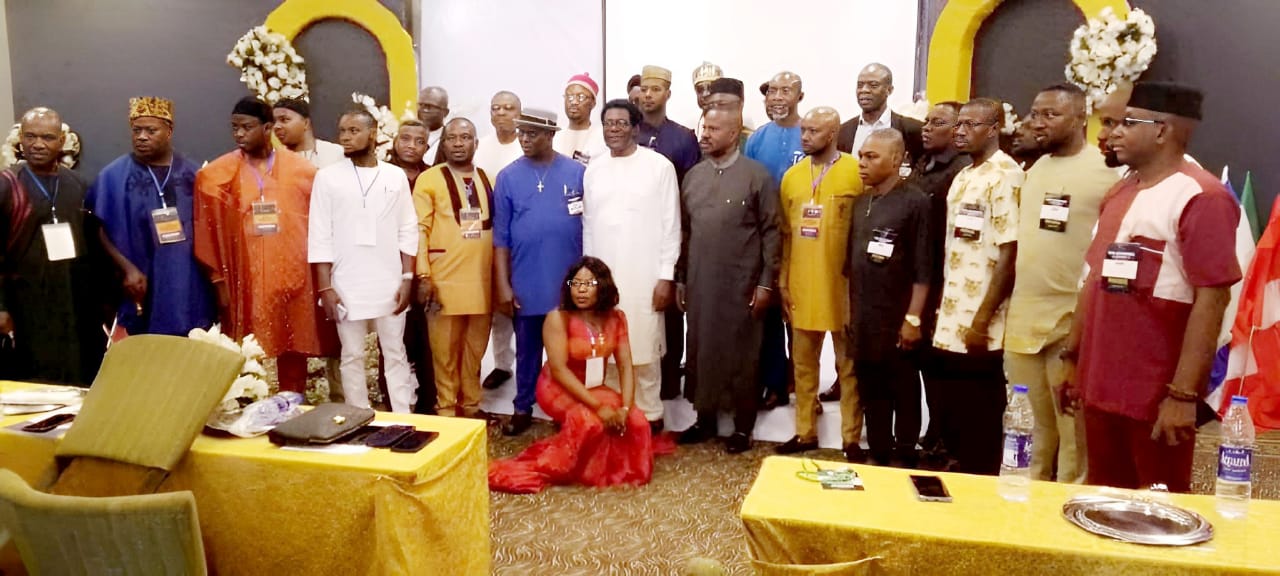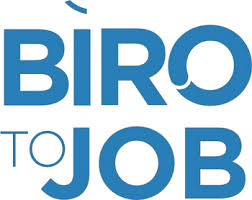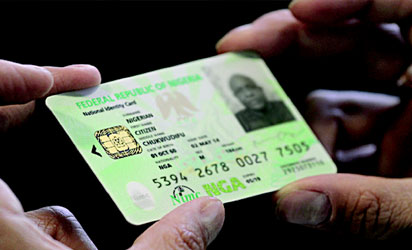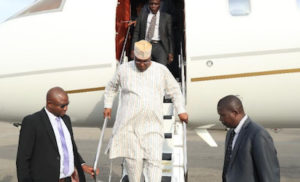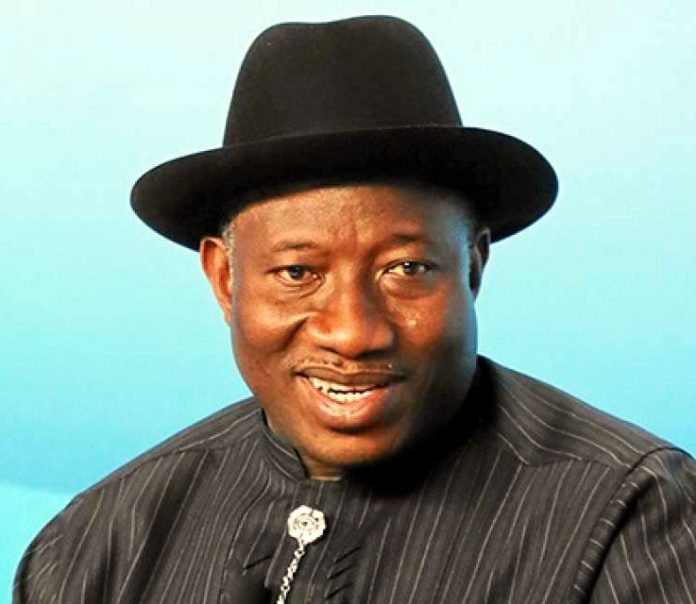McDonald’s Set To Leave Russia After 30 Years
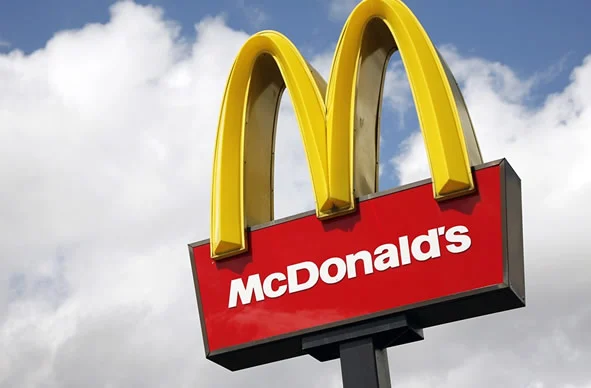
American fast-food giant McDonald’s has said it would exit the Russian market and sell its business after more than 30 years of operations in the country.
Also, French automaker Renault has handed over its Russian assets to the Russian government, both parties announced Monday, marking the first major nationalisation since the onset of sanctions over Moscow’s military campaign in Ukraine.
Since President Vladimir Putin sent troops into Ukraine on February 24, Renault has had difficulty keeping its operations going due to a lack of components following the imposition of Western sanctions.
The conflict and sanctions have triggered an exodus of foreign corporations.
Russian authorities said they were ready to nationalise foreign assets, and some officials assured Russians that their favourite brands would have domestic alternatives.
McDonald’s in March closed all of its 850 restaurants in the country.
On Monday, the company said it was looking to sell “its entire portfolio of McDonald’s restaurants in Russia to a local buyer”.
The company added that after the sale, the restaurants would no longer be able to use the McDonald’s name, logo, branding or menu.
“We’re exceptionally proud of the 62,000 employees who work in our restaurants, along with the hundreds of Russian suppliers who support our business, and our local franchisees,” chief executive Chris Kempczinski said in a statement.
“However, we have a commitment to our global community and must remain steadfast in our values.”
Renault controlled 68 percent of AvtoVAZ, the largest carmaker in Russia with the country’s top brand Lada, but was under pressure to pull out of the country since the start of Russia’s military intervention in Ukraine in late February.
Renault has funnelled billions of euros into the Soviet-era factory since the two automakers signed a strategic partnership agreement in 2008.
No financial details were provided on Monday, but Russian Industry and Trade Minister Denis Manturov said in April that Renault planned to sell its Russian assets for “one symbolic ruble”.
“Agreements were signed on the transfer of Russian assets of the Renault Group to the Russian Federation and the government of Moscow,” the industry ministry said in a statement.
Under the agreement Renault will retain a six-year option to buy back the stake in AvtoVAZ.
The deal also included Renault’s Moscow plant, which makes Renault and Nissan models.
“Today, we have taken a difficult but necessary decision; and we are making a responsible choice towards our 45,000 employees in Russia, while preserving the Group’s performance and our ability to return to the country in the future, in a different context,” Renault chief executive Luca de Meo said in a statement.
Contacted by AFP, Renault refused to confirm whether it had sold its Russian assets for one ruble.
Thanks to AvtoVAZ, Russia was Renault Group’s second-largest market behind Europe last year, with around half a million vehicles sold.
– ‘New page in history’ –
Moscow mayor Sergei Sobyanin said production of passenger cars at the Renault plant would resume under the Soviet-era Moskvich (Muscovite) brand after the French automaker decided to close it.
“This is its right, but we cannot allow thousands of workers to be left without work,” Sobyanin said in a statement.
“In 2022, we will open a new page in the history of Moskvich,” he added.
“We will try to keep most of the team directly working at the plant and with its subcontractors.”
The first Moskvich cars were produced in 1946 and were inspired by Germany’s Opel “Kadett K38.” The Moskvich models were notorious for their shoddiness and were eventually phased out in post-Soviet Russia.
Sobyanin said KamAZ truckmaker will be the Moscow plant’s main partner which will in the future also make electric cars.
Political commentator Anton Orekh said that it was unclear what Moscow authorities planned to do with the plant, but trying to make a new car from scratch in the absence of access to foreign technologies and components would be akin to throwing “billions to the wind.”
The announcement was also derided online.
“When I dreamed of a time machine, I imagined it in a slightly different way,” quipped one commentator, Maxim Dbar, on Facebook.

